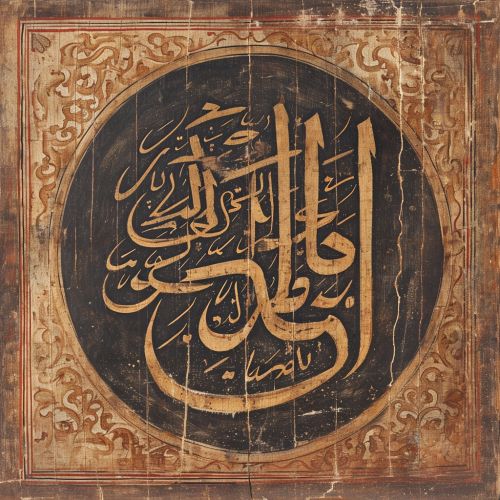Sahih al-Bukhari
Introduction
Sahih al-Bukhari is one of the Hadith collections of Sunni Islam. These are sayings and actions of the Prophet Muhammad, which are considered a major source of Islamic teachings and law after the Quran. Compiled by Imam Bukhari in the 9th century CE, Sahih al-Bukhari is regarded by Sunni Muslims as the most authentic ('Sahih') of all Hadith collections.
Life of Imam Bukhari
Imam Bukhari, born in 810 CE in Bukhara, in present-day Uzbekistan, was a scholar of Hadith literature. He began learning Hadith at a young age and traveled extensively to collect them. His rigorous criteria for the authenticity of the Hadith resulted in the compilation of Sahih al-Bukhari.


Compilation of Sahih al-Bukhari
The compilation of Sahih al-Bukhari took over 16 years and involved a meticulous method of collection and verification. Imam Bukhari included only those Hadith which he believed to be authentic after a thorough examination of the chain of narrators (Isnad) and the text of the Hadith (Matn).
Contents of Sahih al-Bukhari
Sahih al-Bukhari is divided into books, with each book containing chapters. These chapters contain Hadith related to various aspects of life, including religious, social, and legal matters. The Hadith in Sahih al-Bukhari cover topics such as Salat (prayer), Zakat (charity), Hajj (pilgrimage), Jihad (struggle in the way of Allah), and Mu'amalat (transactions and contracts).
Significance of Sahih al-Bukhari
The significance of Sahih al-Bukhari in Sunni Islam cannot be overstated. It is considered the most authentic book after the Quran and is used as a major source for Islamic law (Sharia). Its Hadith are quoted in sermons, scholarly works, and everyday discussions among Muslims.
Criticism and Controversies
While Sahih al-Bukhari is highly revered in Sunni Islam, it has faced criticism and controversies. Some critics question the authenticity of certain Hadith, while others argue that the interpretation of Hadith should be contextual and not literal.
